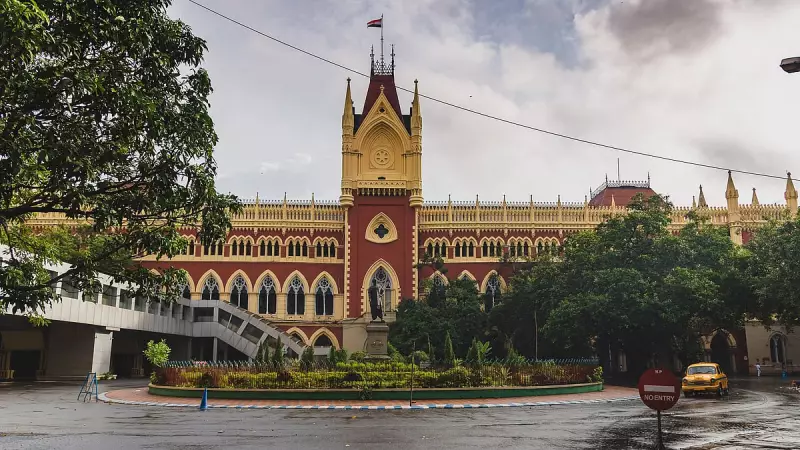
Calcutta High Court Takes Stern Stand Against Manual Scavenging
The Calcutta High Court has issued a significant directive to the West Bengal government, ordering the formation of a dedicated committee to address the prohibition of employment as manual scavengers. This landmark decision came in response to a Public Interest Litigation (PIL) that highlighted continuing practices of manual scavenging within state projects.
The PIL That Sparked Judicial Intervention
Petitioners brought to light disturbing practices occurring under the Kolkata Environmental Infrastructure Improvement Project (KEIIP), which operates under the Kolkata Municipal Corporation (KMC). The PIL specifically alleged that desilting work was being carried out in a manner that constituted manual scavenging, despite legal prohibitions against such practices.
The court took serious note of these allegations and recognized the urgent need for proper implementation of laws banning manual scavenging. The bench emphasized that mere legislation isn't sufficient without effective monitoring and enforcement mechanisms.
Project Under Scrutiny: KEIIP's Role
The Kolkata Environmental Infrastructure Improvement Project (KEIIP), functioning under the Kolkata Municipal Corporation, found itself at the center of this legal battle. According to the petitioners, workers were engaged in hazardous desilting operations without adequate safety equipment or proper working conditions, effectively making them manual scavengers.
The court's intervention comes as a crucial step toward ensuring that environmental improvement projects don't come at the cost of human dignity and safety. The ruling underscores that development initiatives must comply with fundamental rights and labor laws.
What This Means for West Bengal
This judicial directive, dated 21 November 2025, represents a major step toward eradicating the inhuman practice of manual scavenging in West Bengal. The committee formed by the state government will be responsible for:
- Monitoring implementation of the Prohibition of Employment as Manual Scavengers and their Rehabilitation Act
- Investigating current practices in municipal projects
- Recommending measures for proper rehabilitation of affected workers
- Ensuring compliance with safety standards in sanitation work
The court's order signals a strong judicial commitment to ending manual scavenging and protecting the rights of sanitation workers. This decision could set a precedent for other states grappling with similar issues, potentially leading to nationwide reforms in sanitation work practices.
As West Bengal moves to comply with the High Court's directive, all eyes will be on the composition and functioning of the newly formed committee and its effectiveness in bringing about meaningful change on the ground.





